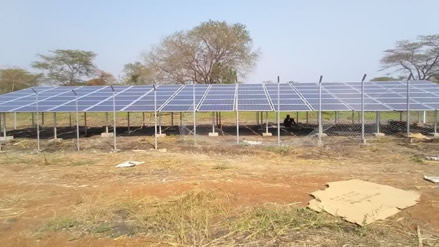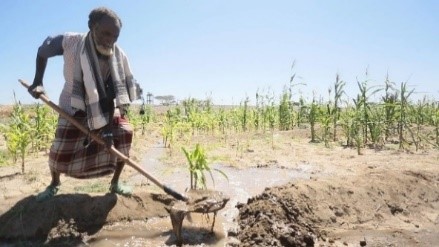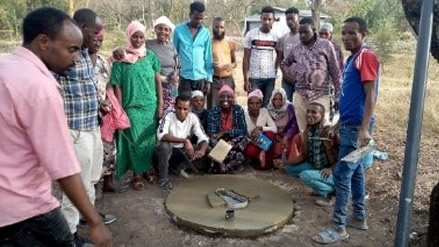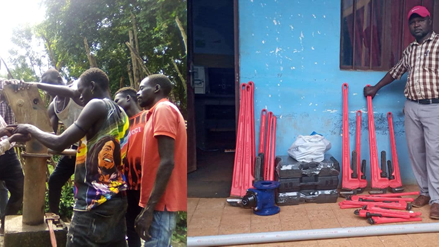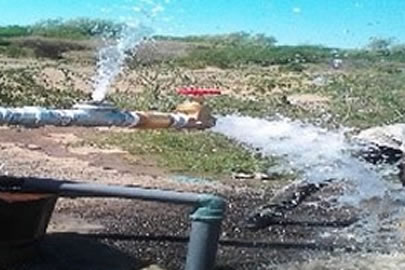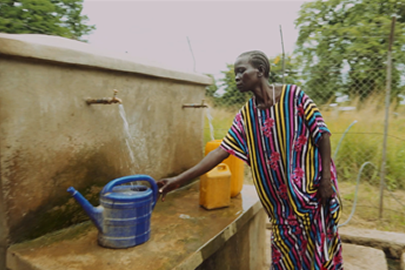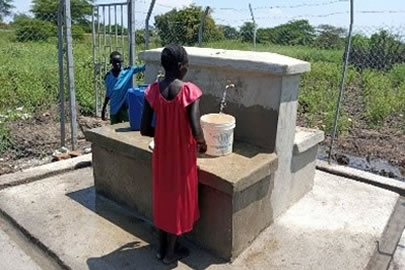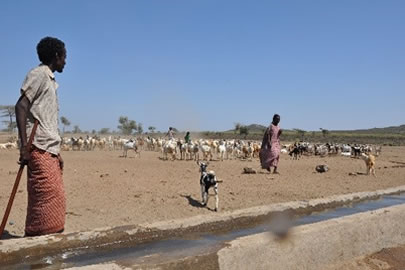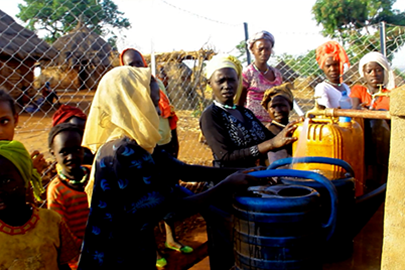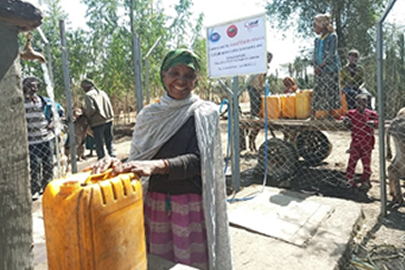


Over 93 million people live in rural and pastoralist areas in Ethiopia where access to WASH is significantly below the national average. Over 67% of the population is without basic or safely managed water supply, 96% without basic or safely managed sanitation, and 96% experience poor hygiene[1]. Only 88.8% of our rural water supply systems are sustainable due to factors related to design, technology, mismanagement, natural factors and more.[2]
The WASH landscape in rural and pastoralist areas of Ethiopia increases the vulnerability of communities to different challenges including disease, malnutrition, drought, and countless manmade and natural disasters. Ethiopia’s economy is dependent on agriculture which accounts for 40% of the Gross Domestic Product (GDP) and most agricultural activity takes place in rural areas of the country. Through our rural and pastoral WASH program, we accelerate the attainment of SDGs by enhancing access to WASH and tackling multifaceted problems of poverty.
[1] Joint Monitoring Programme for Water Supply, Sanitation and Hygiene, updated 2020
[2] One WASH Program Document Phase II

